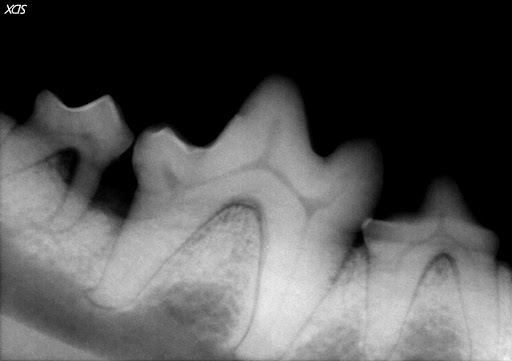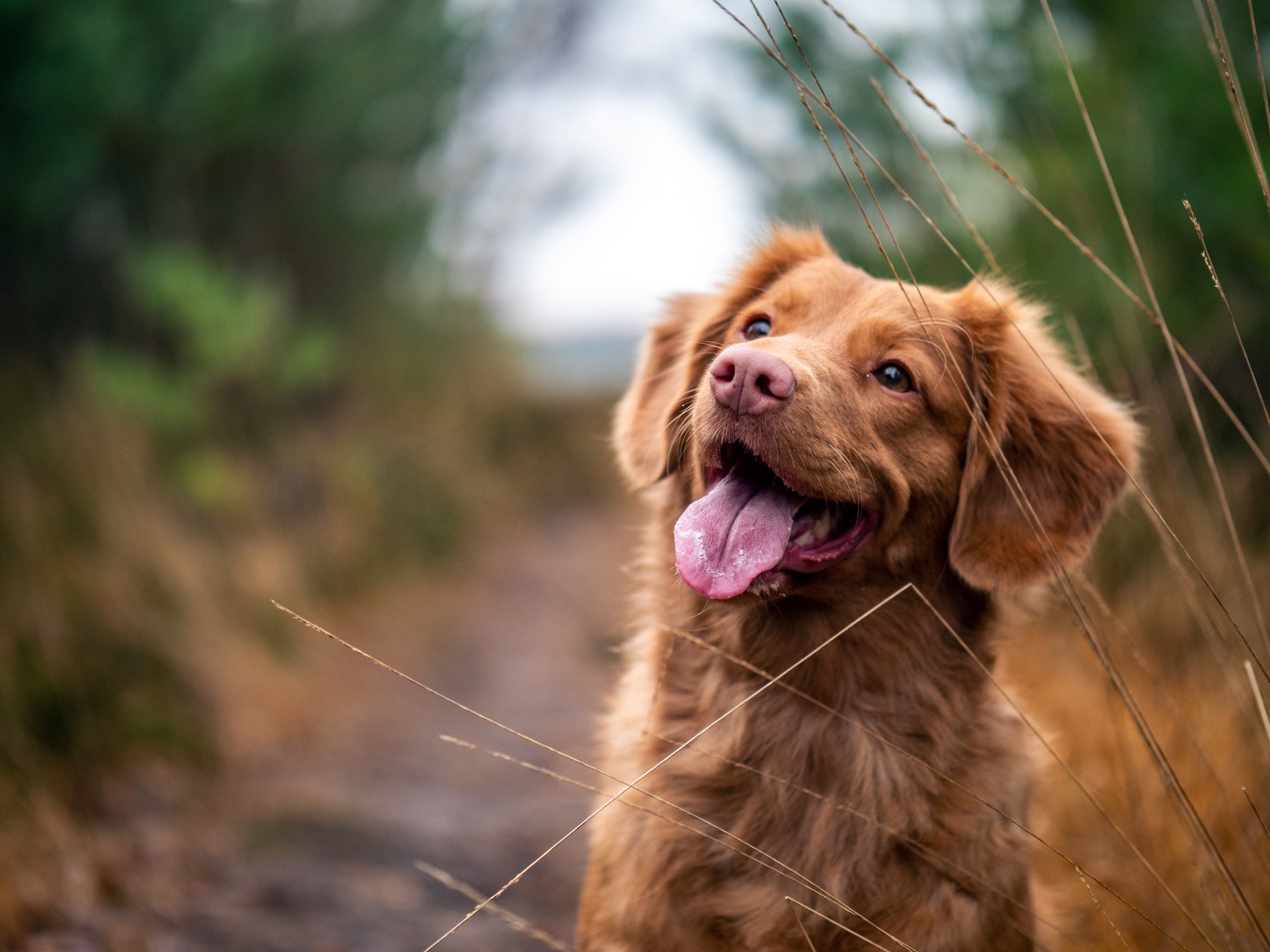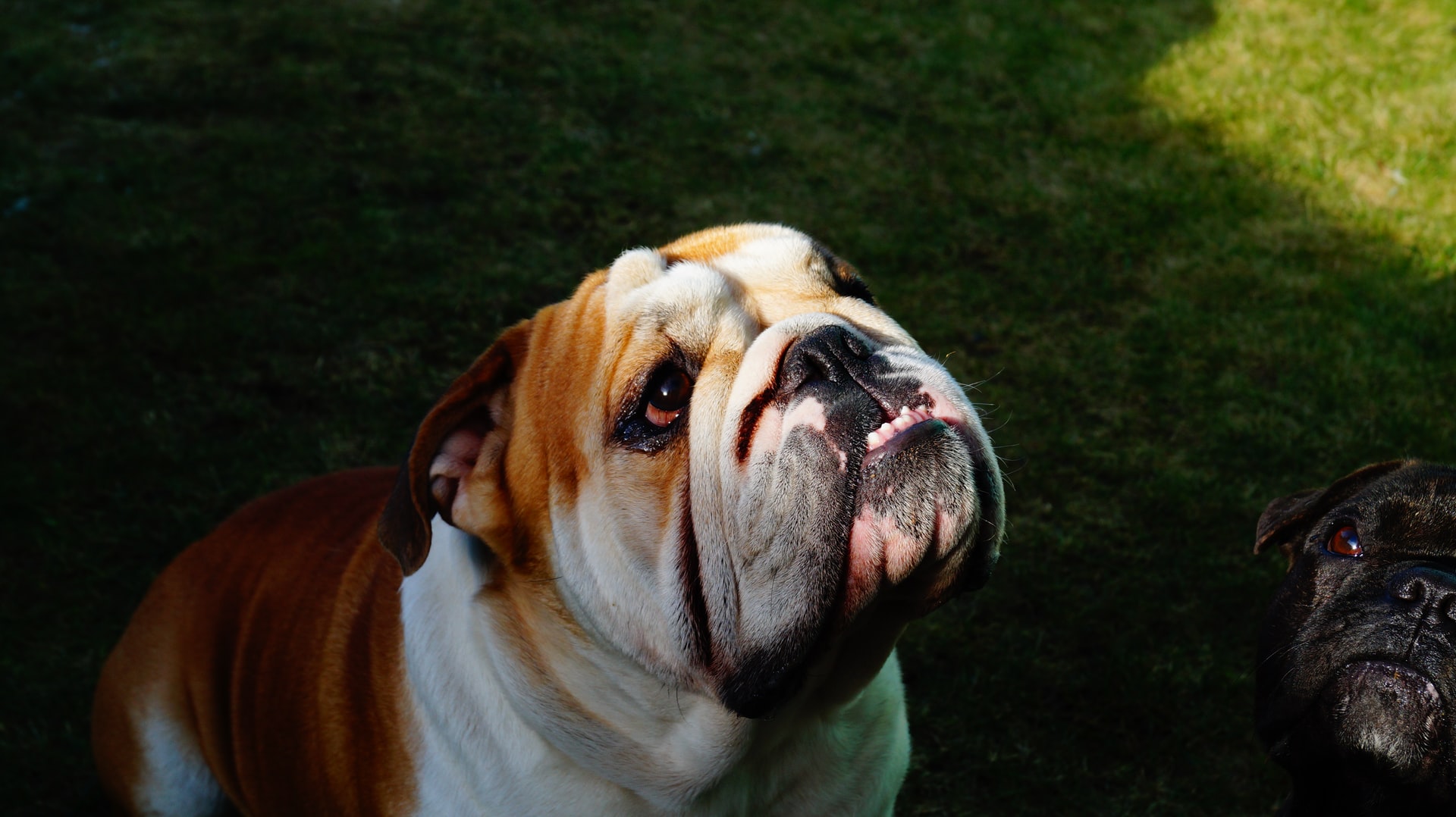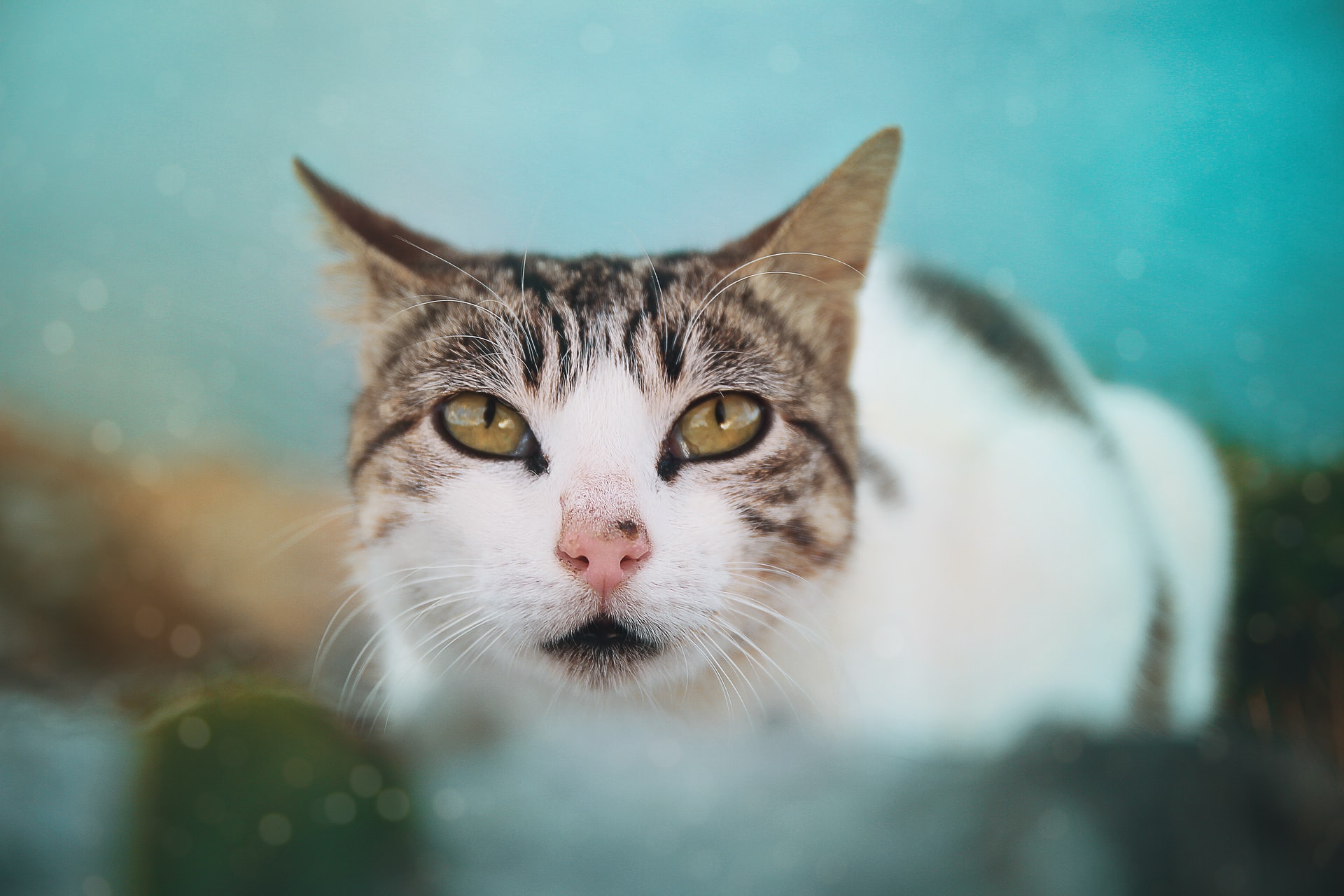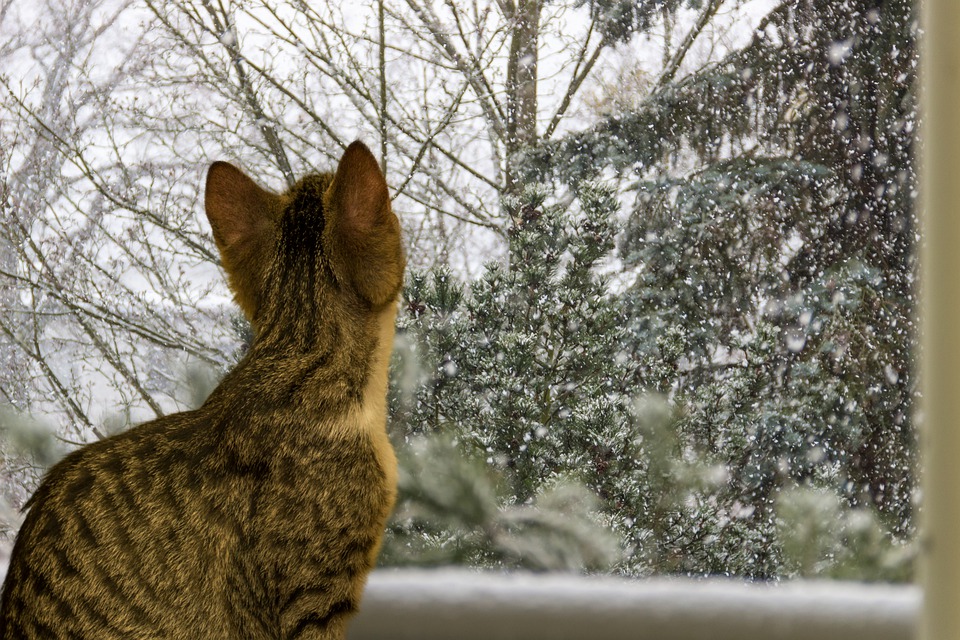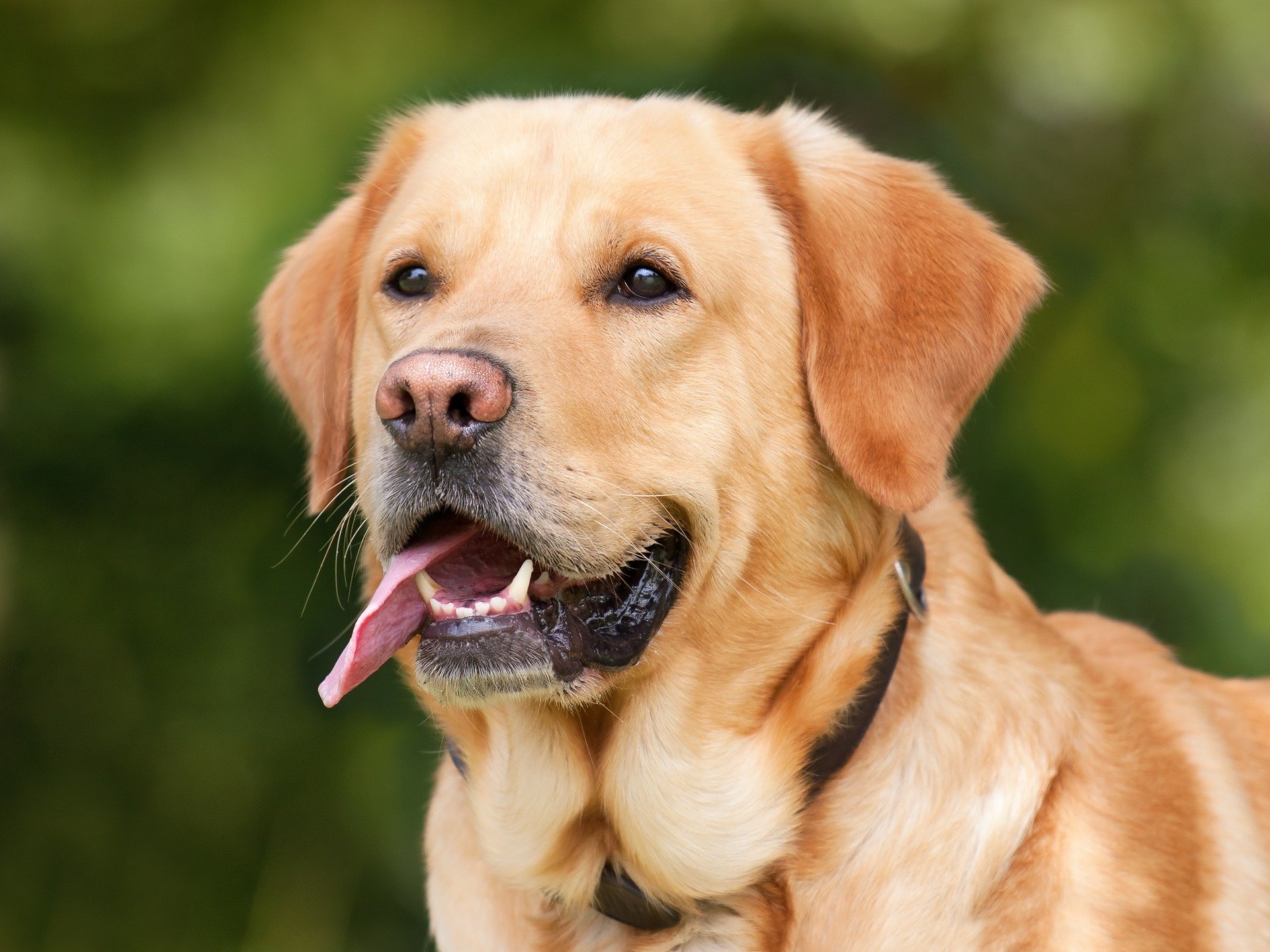Common Dental Problems Leading to Tooth Extraction in Dogs & Cats
There are numerous reasons why a dog or cat tooth would need to be extracted. Some of the dental problems leading to tooth extraction can be prevented, or at least minimized, and some cannot. Our goal is to always save teeth when possible....
